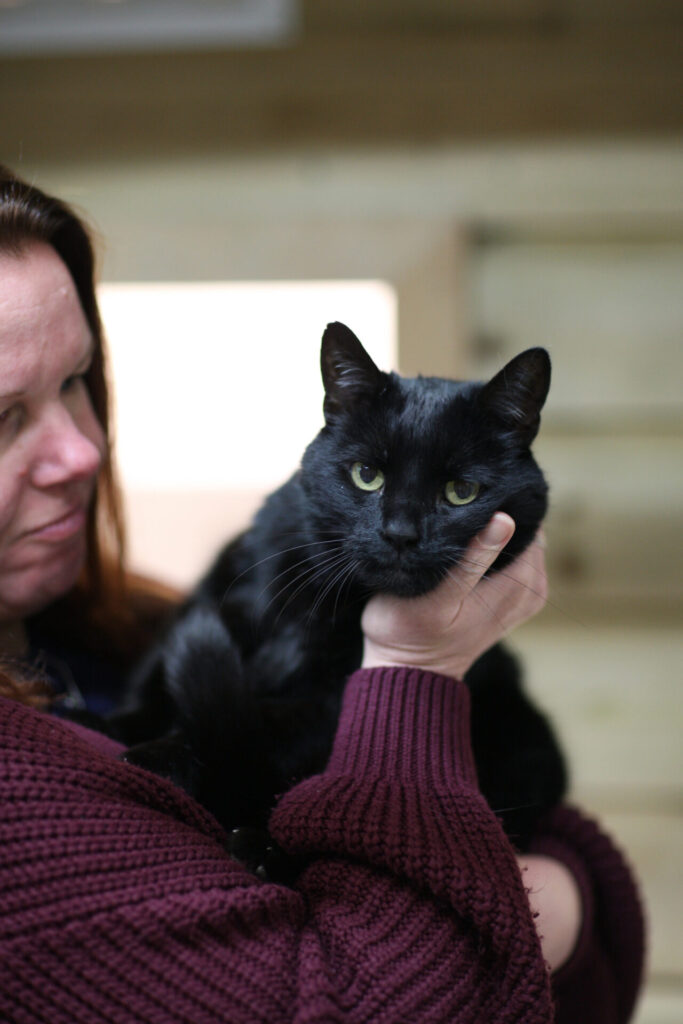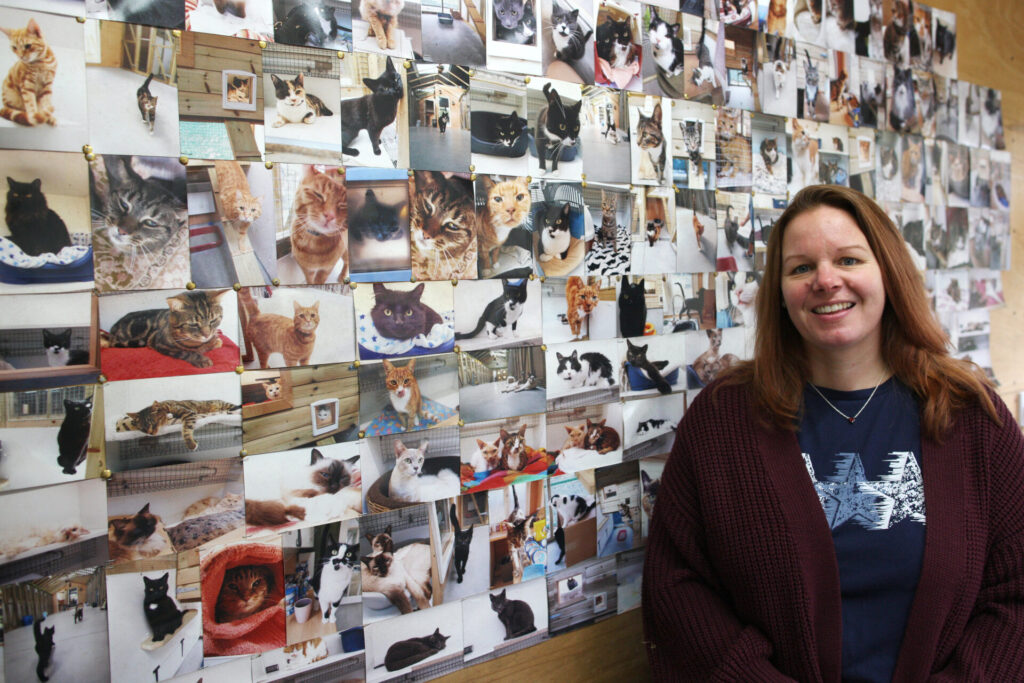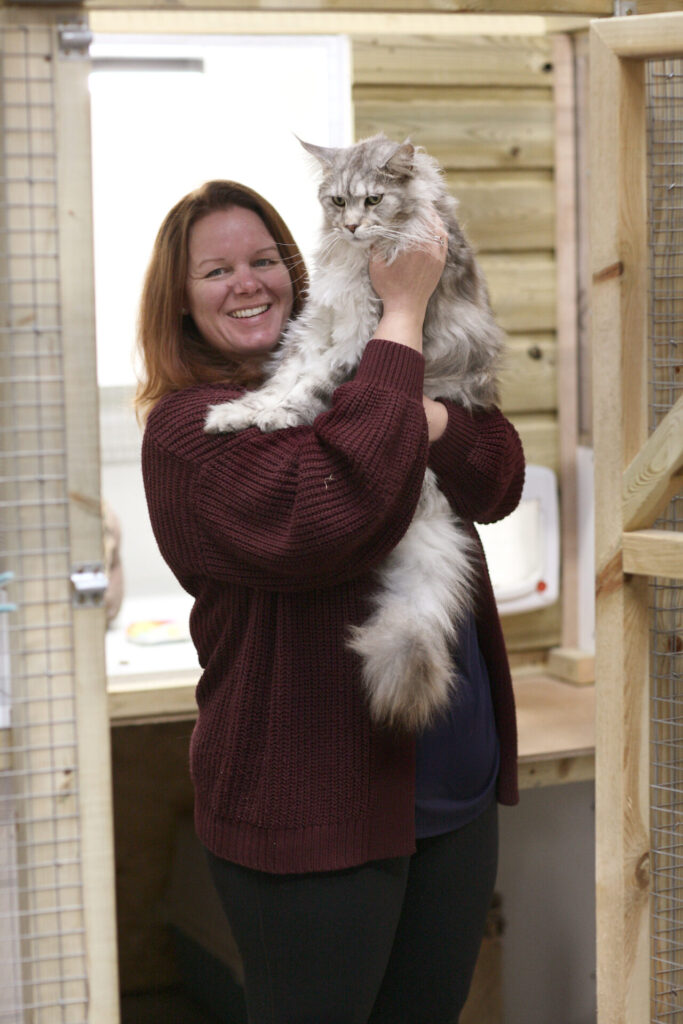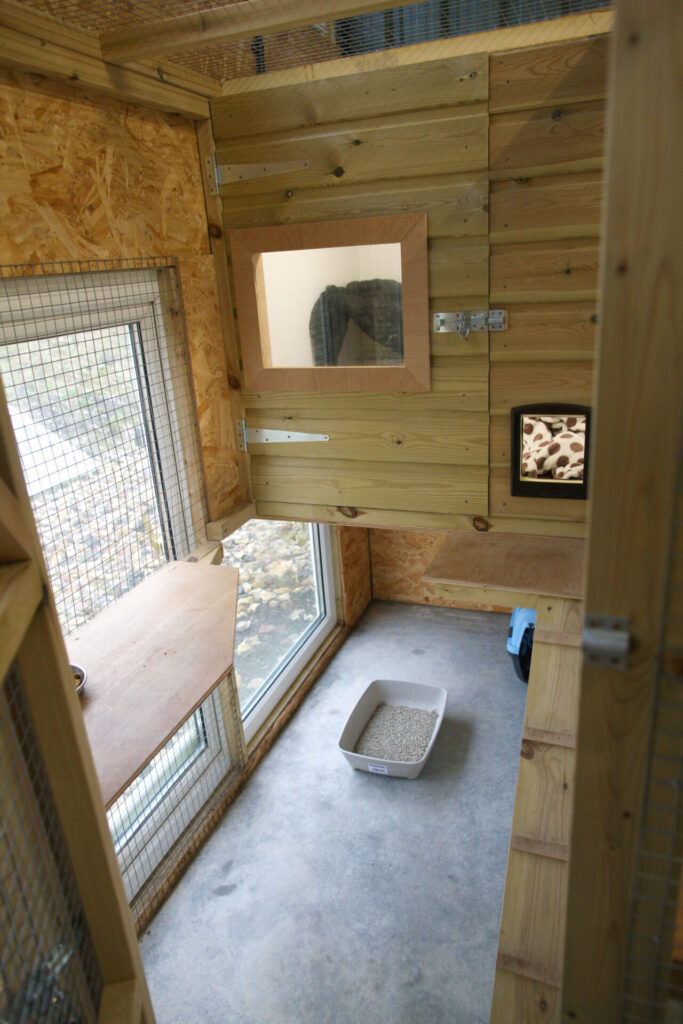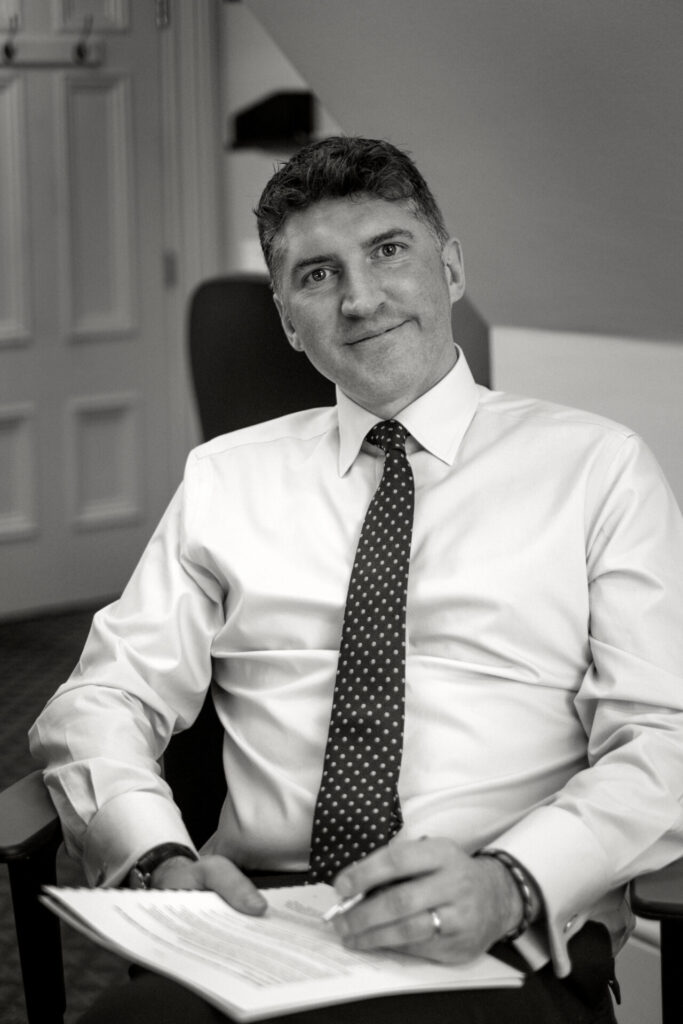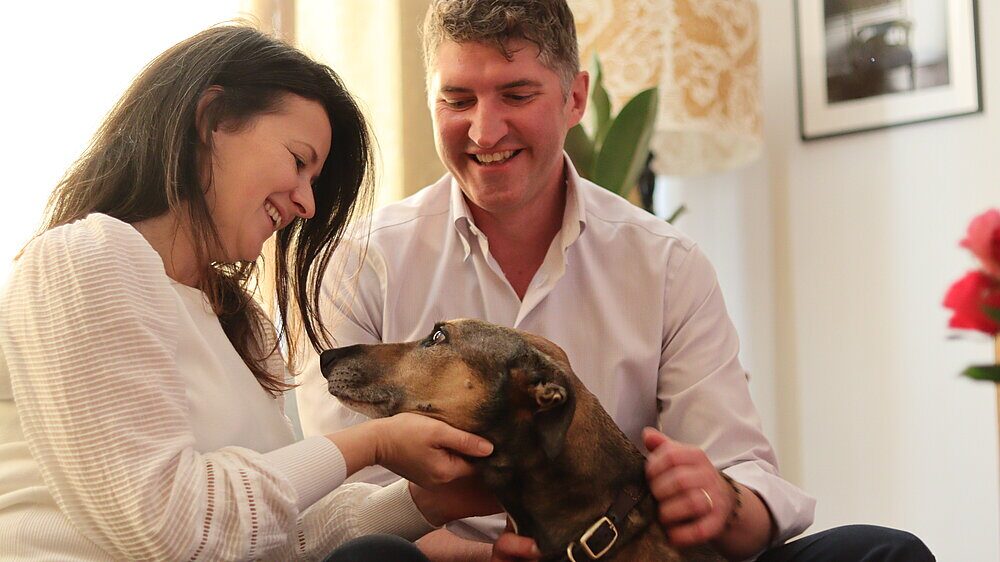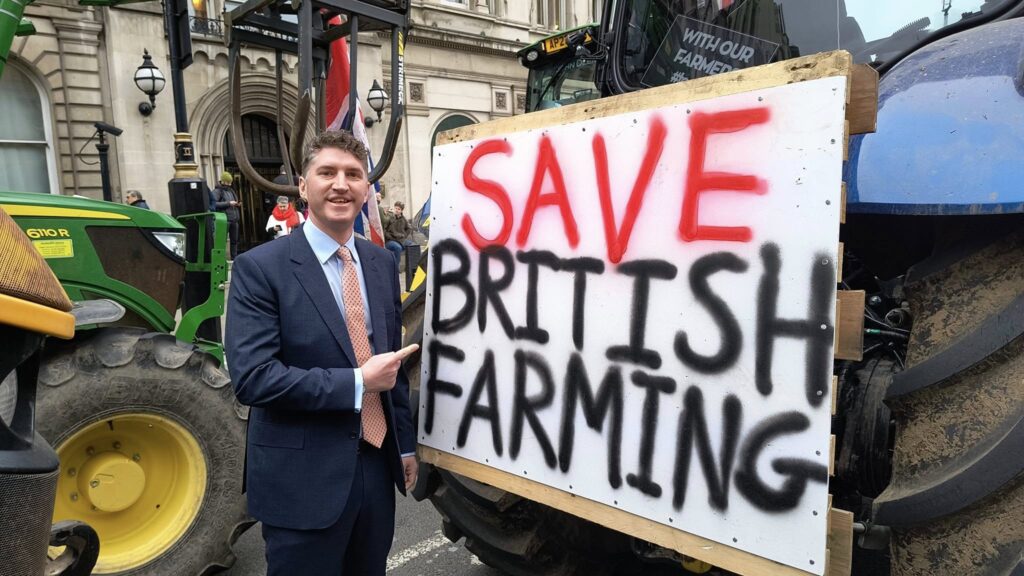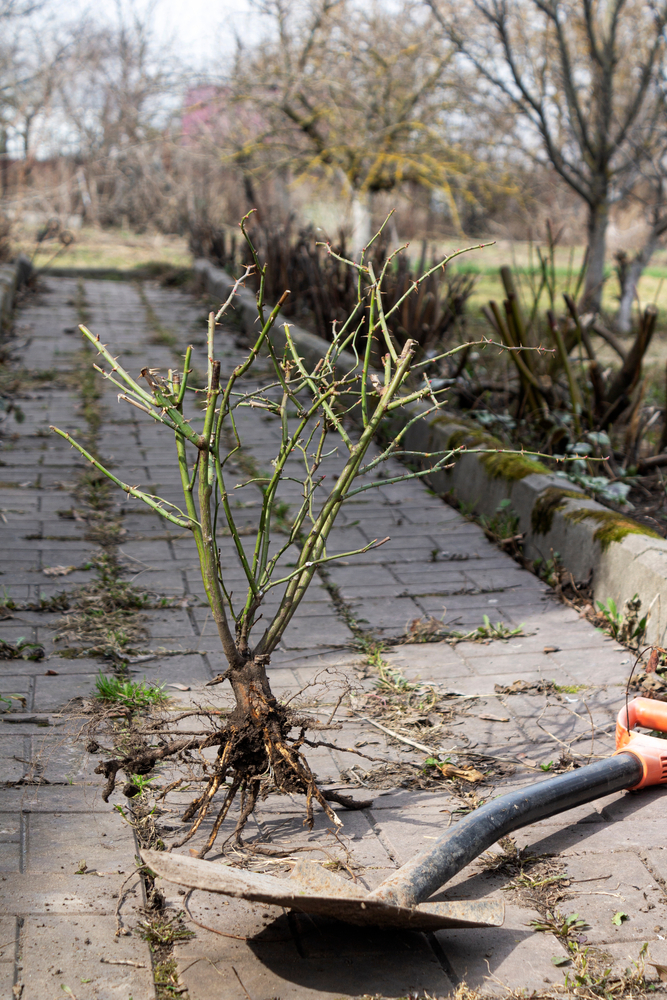Giles and Annie Henschel’s return to the Mediterranean highlights the crisis facing olive farmers and the resilience that is keeping hope alive

In March 2024, The BV featured Giles and Annie Henschel as they prepared to retrace the epic 10,000-mile motorbike journey that sparked the creation of their Dorset-based business, Olives Et Al, 30 years ago.
Across the Mediterranean, droughts and floods have disrupted major harvests and markets in a huge way. The 2023 olive harvest in most of Europe failed for the second successive year, presenting a very real threat for the future of the entire olive industry. During 2024 prices for olive oil reached record highs both at source and for retailers.
Now, with the journey completed, the Henschels have created a mini-documentary film.
Back in 1993, Giles and Annie’s year-long trek around the Mediterranean on two motorcycles not only inspired the founding of Olives Et Al but also set the tone for their lifelong relationship with Mediterranean food and culture. The original journey – dubbed “Operation Watertight” – focused on highlighting water shortages and pollution in the region. Fast forward to 2024, and the Henschels found themselves facing a new, but equally urgent, challenge: climate change.
This time, they set out to explore how shifting weather patterns are affecting Mediterranean harvests and the communities that depend on them. In the film, Giles talks about their beloved BMW R100 GSs motorcycles – unchanged since the first journey, and even part of the Olives Et Al logo. ‘They’re part of our DNA,’ he says. ‘They’ve been with us from the very beginning.’
Their new journey title? Operation Watertight 2 – Same Bikes, Different Challenge.
The olive tree – a symbol of Mediterranean life – is not just a source of food, but a physical connection to history and culture. ‘There’s just something spiritual about an olive tree,’ Annie says.
Giles continues: ‘It can affect every aspect of your health, your demeanor … and it’s given us …’
‘… a way of life.’ finishes Annie.

On the road again
Last year, on those same bikes that were used 30 years ago, Giles and Annie travelled 10,000 miles in 100 days, passing through 11 countries and crossing 16 international borders, returning to the landscapes that had shaped their early adventure – this time with decades of experience, deeper connections and a growing sense of urgency. The couple mapped around 50 farmers, growers, producers, suppliers and contacts to visit, and they planned to get input rom others they met along the way. After crossing France, they rode across the top of northern Italy, down through Slovenia into Croatia, on through Montenegro and Albania, into Greece and then over into Italy – to Sicily, back into Italy, around France, around Spain, to Portugal … and then home. ‘We wanted to build a complete picture,’ Giles explains in their film. ‘So we asked the same five questions to everyone – farmers, growers, agronomists, restauranteurs … What’s happening? How is the climate affecting their crops? What does the future look like?’
A crisis in the olive groves
The picture they encountered wasn’t always hopeful. ’The industry now is in something of a crisis,’ says Giles. Over the last few years the Henschels have seen olive groves completely devoid of fruit. ‘Either the conditions weren’t right, or the trees simply couldn’t produce. Either way, there were no olives.
‘So we decided to go and see first-hand what was really going on, on the ground.’
Growers they met often believed their struggles were isolated: ‘Every single farmer,’ says Giles. ‘In every single region, every single producer, they think it’s just happening to them. It isn’t. And if we can share that knowledge and share that information, maybe some more communication can happen and some more plans could be made.
The Henschels’ journey confirmed that shifting rainfall patterns, soaring summer temperatures and new diseases are placing immense pressure on traditional farming practices.
Their final question to each interviewee – ‘How do you see the future?’ – was often the most poignant. The couple fall silent on the film before Giles shakes his head: ‘They couldn’t answer.’

Resilience and hope
Despite the many challenges to the olive industry, the Henschels also found reasons for hope. At the World Olive Bank – a DNA cataloguing project for olive varieties – they witnessed efforts to preserve genetic diversity and build resilience against climate change. ‘It was really uplifting,’ Giles says. ‘I came out of there with a huge amount of optimism.’
‘It’s very exciting for the future,’ adds Annie.
Personal connections added further to the trip. From sharing meals prepared to age-old family recipes to swapping stories with farmers who are determined to adapt and innovate, Giles and Annie saw resilience in action. ‘There’s always hope,’ Annie says.
The journey continues
Now back in Dorset, Giles and Annie are busy writing up their findings, which they plan to publish later this year. But for now, they’re focusing on sharing their film as widely as possible to keep the conversation going. ‘It’s been a fascinating trip,’ Giles says. ‘And we hope the film adds to the discussion about climate patterns and the changes we all need to face.’












